👋 I'm curently looking for a new role. Hire me!
So, you want to be a generalist! Great! Generalists get better job offers, have secret powers, and are better than specialists. They also kill sales pipelines and and can’t be afforded.
Wait, what? I don’t want that.
OK, so you want to be a specialist then. Great! Specialists do better than generalists, can be afforded, and don’t kill sales pipelines. But they are not rising, are not embraced, and have no perks.
What is going on?
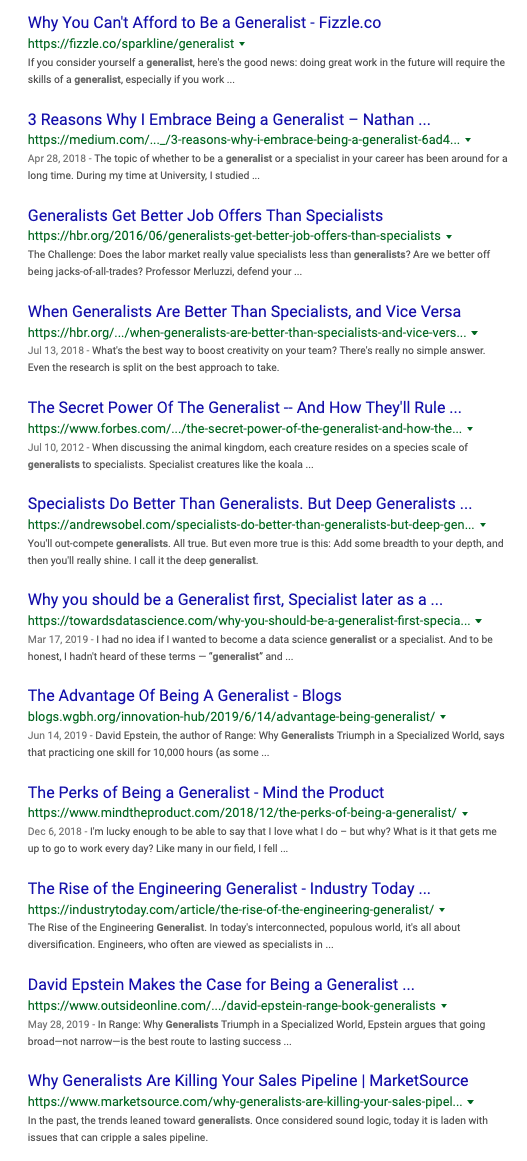
The first thing we learned today is that a Google search is not a good provider of actionable career advice. This should come as no surprise.
This “specialist versus generalist” debate is an old one and a question that might come up in your mind as you are planning or exploring your career path. It usually comes down to:
Should I concentrate on a specific industry, technology, platform, or framework or should I try to learn about as many different industries, technologies, platforms, and frameworks as I can?
So, let’s break that down a bit.
What is a Specialist?
I see a specialist as someone who knows the ins, outs, ups, downs, pros, and cons of a specific thing. A specialist has a long experience with this thing, works with this thing ~everyday, is a resource for other people who work with this thing, and stays on top of changes to this thing over time.
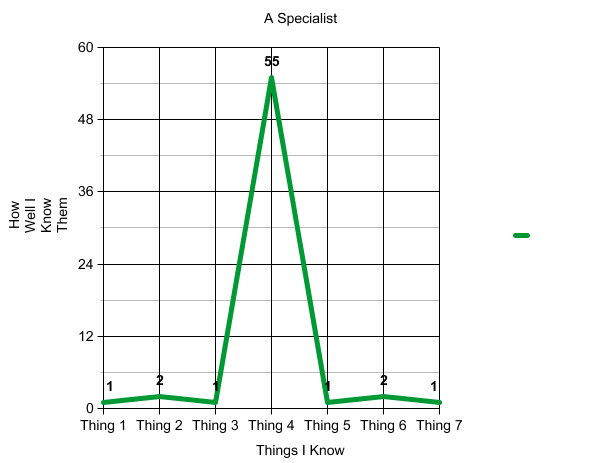
Maybe you’re a React specialist who knows the public API in and out, understands all the different ways to manage state, and can live demo a new React app in the background while you’re explaining component composition like Luís Rudge.
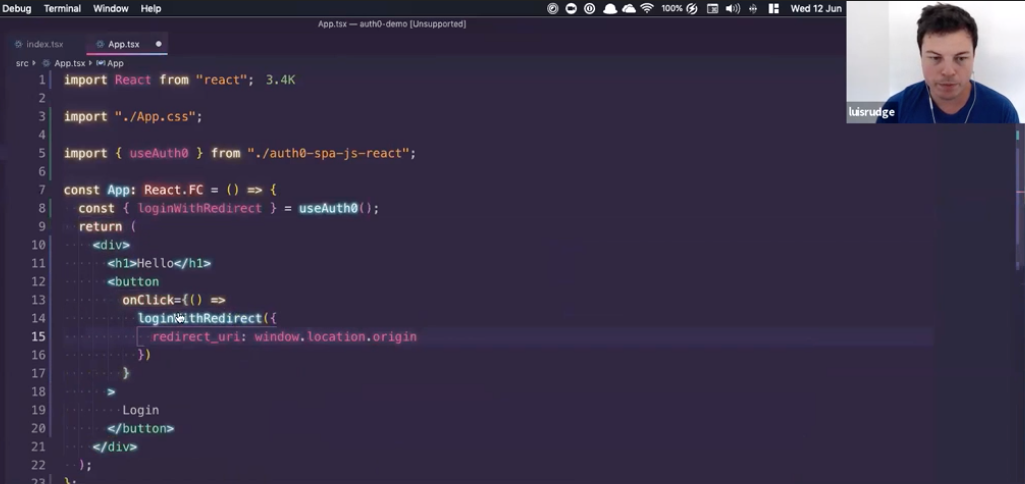
Maybe you’re a digital identity specialist who knows OpenID like the back of your hand, understands all the different components of the OAuth threat model, and can sketch out an authorization code grant with PKCE in PowerPoint while explaining the nuances of the audience parameter like Vittorio Bertocci.
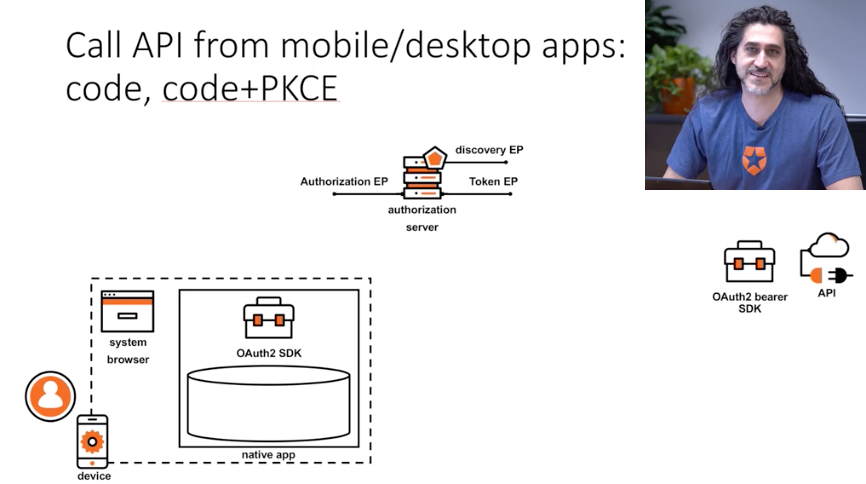
Being a specialist in one thing does not mean you can’t be a specialist in others. But there are only so many hours in a day and so many days in a year so there is a limit to the number of things you can specialize in. Staying on top of a constantly-shifting landscape takes time, concentrate, and practice, all of which have limited reserves.
Questions to ask yourself:
- Would you consider yourself a specialist (or on the road to being a specialist) of anything currently? This could be something in technology (SQL, CSS, SEO, ABCDEFG) or something totally unrelated (growing tomatoes, 18th century English literature, E28 BMWs).
- Do you know someone who is a specialist in something (either personally or a public figure)? How would you describe them? Do you look up to them?
- If you wanted to become a specialist in something instantly without any effort, what would you choose? If you had to do the work, would that change your answer? And where would you start the process?
- What are the qualities that someone would need to have to become a specialist?
- Are the two people above only specialists?
What is a Generalist?
I see a generalist as someone who knows just enough about a lot of things. A generalist has a long experience trying different things, works with different things everyday, is a resource for other people weighing the pros and cons of different things, and is able to pick up new things quickly.
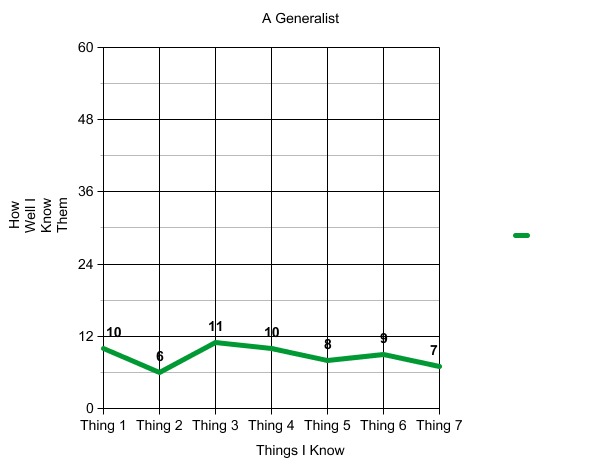
Maybe you’re a software engineering generalist who can review a PR in almost in any language, is just as comfortable talking to engineers as you are marketers and executives, and can explain MVC, SEO, and CI to a junior engineer just starting at your company.
Maybe you’re a digital marketing generalist who is just as comfortable debugging JavaScript interactions as you are editing a photo, understands both the content and technical aspects of SEO performance, and spin up a landing page site in WordPress before lunch.
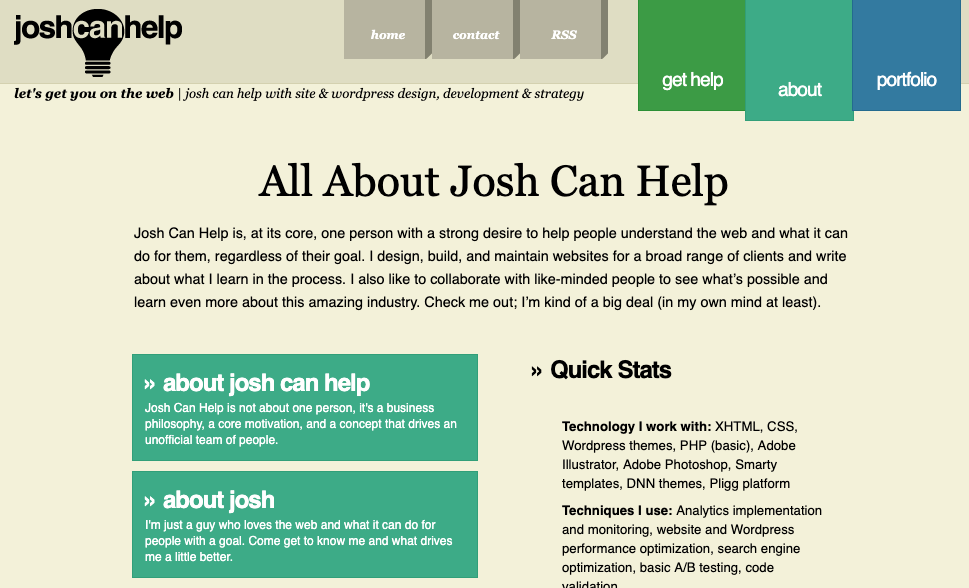
Being a generalist does not mean that you know everything and it doesn’t prevent you from specializing in certain things. But, just like in the specialist world, there is a limited amount of time you can devote to trying new things and picking up new skills. Oftentimes, being a generalist can be a constant battle with FOMO, imposter syndrome, and indecision.
Questions to ask yourself:
- Would you consider yourself a generalist in a particular realm? How did you get there?
- What are the qualities that someone would need to have to become a generalist?
- Describe a generalist in your head. Does this description come with any negative connotations?
- Are the two examples above actually generalists?
How do I choose?
So, we have a definition for specialists and one for generalists. So what “direction” do you go? How do you choose between the two?

The fact is, the specialist versus generalist is a false dichotomy. As you were reading the examples above, I might have convinced you that a “React specialist” or a “software engineering generalist” was a thing.
They aren’t.
To be a React specialist, you have to understand, vertically:
- Software engineering
- How the DOM works
- How to write JavaScript
- How to write CSS
- How to write React code
- How to write a React component
To be a digital marketing generalist, you have understand, horizontally:
- Software engineering
- The basics of design
- How to write JavaScript
- How to write CSS
- How search engines work
- How to install, and inevitably, troubleshoot WordPress
- How to write content
These are just two sides of the same coin. All the things you need to be a good generalist are the same things you need to be a good specialist: focus, time, curiosity, and patience. Specialists and generalists are not made overnight, they work hard at what they do for long enough to be considered the go-to person for what they do well.
The real decision
Choosing a specialist or a generalist path just serves to set imaginary boundaries around your perceived capabilities and ignores the real question to ask yourself:
How can I create the most value for the people around me while enjoying what I do every day?
Each day, you have a million things to decide, but one of them should not be “should I go deeper or wider?” Ask yourself:
- What does the world need?
- What do our customers need?
- What does my company need?
- What does my team need?
... and when you’ve narrowed it down, ask yourself “what do I need?” and the path start to become clear.
The moral of the story is: don’t look for labels to apply to yourself, look for the place where you can leverage your desire and talent in the most effective way.
< Take Action >
Comment via:
Subscribe via:
< Read More >
Tags
Newer

Sep 08, 2019
Keys to Good Technical Documentation
Summary of the best comments in a Hacker News thread about technical docs.
Older

Jun 11, 2019
Improvement as Experimentation
I've gone through many transformations in my life. I have been lucky a number of times in a way that benefited me. I've also been unlucky a number of times that held me back.